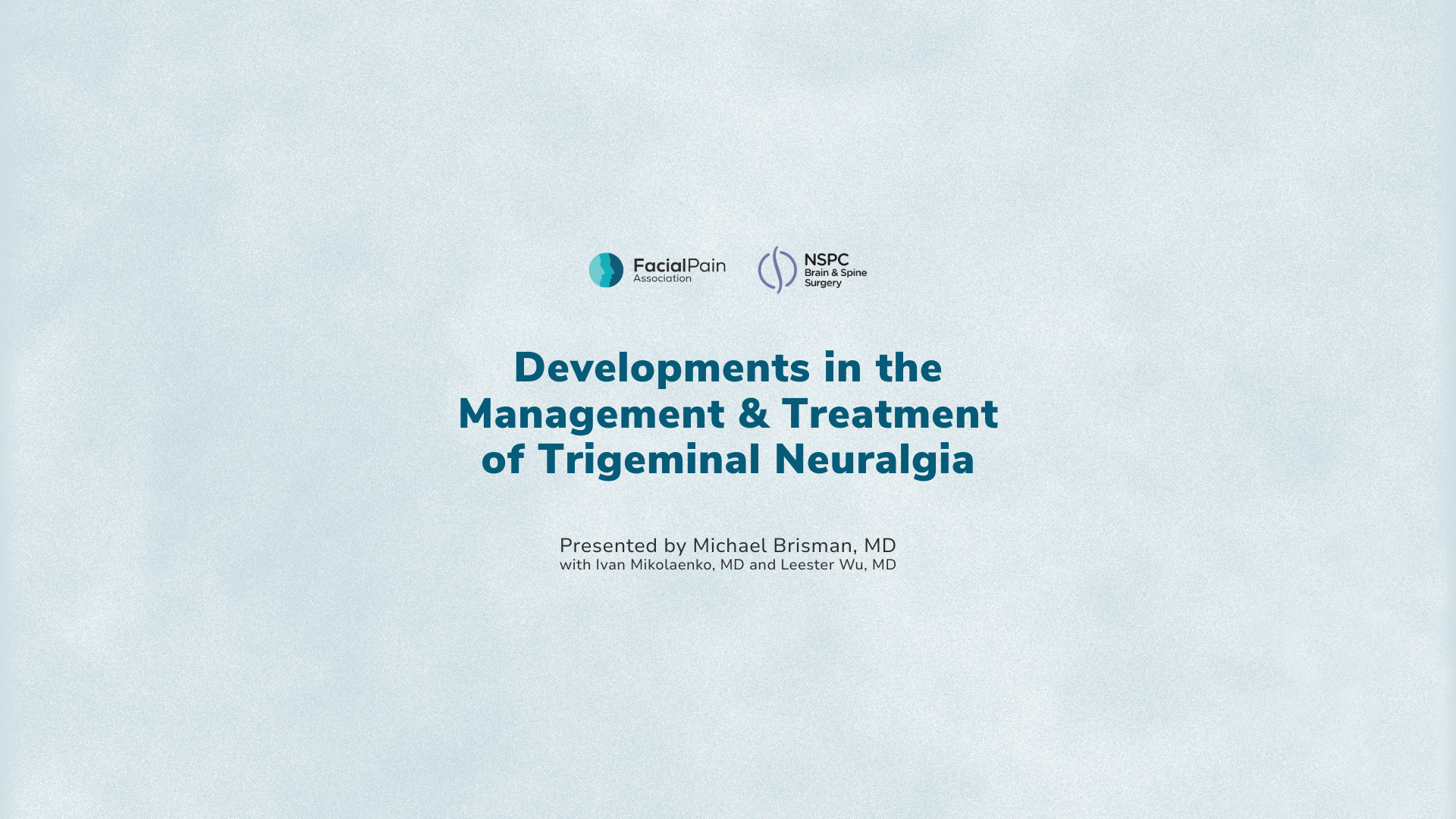About eighty years ago, my grandmother heard the words trigeminal neuralgia for the first time. As a third-generation woman with facial pain, I intimately understand the daily struggle and long-term impact of this condition. My name is Anne Ciemnecki and I am honored to serve on the Facial Pain Association’s (FPA) Board of Directors, where my experience propels my passion.

Trigeminal neuralgia and other neuropathic facial pain conditions are rare, with little dedicated research and even less funding. Last year, our board decided to create a forum where your voice can be heard, where everyone’s voice can be heard. The Facial Pain Association’s Patient Registry will be a platform where we can securely and confidentially gather data about your experience.
The registry must be designed so that the data you submit can be extracted and analyzed. For more than 30 years, I served as a survey methodologist working for foundations and the federal government. In the decade before I retired, 80% of my work focused on collecting data from people with disabilities to inform the Social Security Administration (SSA) of their needs. The combination of my personal and professional experience makes me uniquely qualified to spearhead this project.

As part of the rare community, we must combine our individual experiences into a symphony of voices. This is your opportunity to affect change! Using questionnaires designed by researchers and survey professionals, we can collect data over time to help inform clinical trials and affect public policy to better help the facial pain community. We hope to launch the registry later this year to start making progress in these impactful areas and we need your support.
When you participate in the registry, the questionnaires will:
■ Ask about YOUR experience. There are no right or wrong answers.
■ Take approximately 15 minutes with a new questionnaire every 4-6 months.
■ Include questions about your pain, medications, treatments you have tried, side effects, and family history.
■ Inquire about your daily function. For example, can you exercise, carry a bag of groceries, participate socially, or talk on the phone?
This registry will help transform anecdotal data into evidence, which is vital in the rare community. Information from the registry could help connect people with appropriate clinical trials and assist Social Security Disability determination.
Unfortunately, it is not free. There are significant costs associated with launching and maintaining a patient registry, and just like we can combine our voices, we can combine our resources to make this happen. If we invest in this today, we can make life better tomorrow and leave a legacy for the future.
Will you make a gift today to help change the face of facial pain?
Warm regards,

What is one question you would like to see included in the FPA’s Patient Registry?
Email your question to [email protected].










































